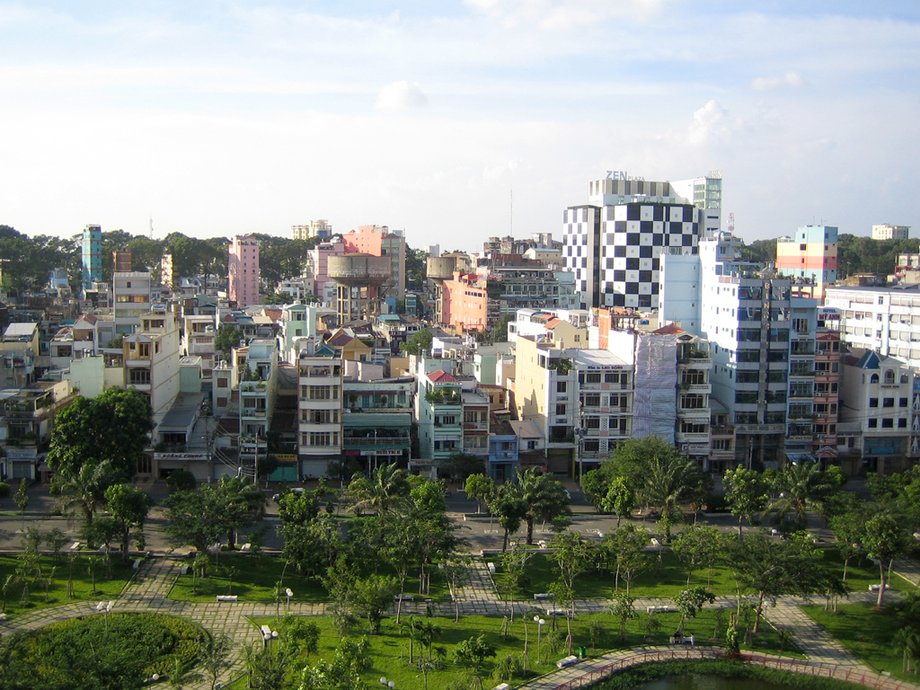Capacity Building, Integration and Networking of Institutions
In this second phase of the research work, close cooperation will occur with the Vietnamese, both the existing partners from the preliminary phase as well as the new partners for the current main phase of the research project. These include experts in the various departments of the municipal administration of HCMC, such as the Department of Planning and Architecture (DPA) and the Department of Natural Resources and Environment (DoNRE), and in the relevant national ministries in Hanoi and their related institutions, e.g. Ministry of Construction (MoC), NIURP and SIURP (see list of Vietnamese partners below). As in the preliminary phase, efforts will continue to be made to achieve a networking across (vertical) administrative boundaries.
The common workshops and fora will constitute the main activities of the integration process, whereby the emphasis will be shifted in this second phase of research to conducting smaller, bi- or multilateral work sessions in conjunction with the working visits to Vietnam. Within the context of the EU-funded Urban Environmental Planning Programme in Vietnam (UEPP-VN), capacity-building will focus on professional planners, in this case on the staff and students of the HCMC University of Architecture (HCMUARC). Among others, the research project will facilitate the integration of the research findings and experiences gained into the curricula of HCMUARC. Training materials will be developed to enhance the capacity of the staff in course units such as Environmental Planning and Management, Institutional and Legal Frameworks, Housing Management and Policy, Planning SustainableCities etc. Similarly, capacity building activities will be conducted at the HCMC University of Social Sciences and Humanities (USSH) in the Faculty of Geography, the main university partner for the Action Field Urban Environment. This institution will assist in producing an urban environmental atlas linking climate change risk data with spatial information. German partners for the Senate Administration for Urban Development in Berlin will provide training of the staff and students. A mutual and regular exchange of lecturers from the HCMUARC and the USSH, facilitated by the German research team, will be beneficial to both sides with regard to interdisciplinary teaching and research projects.
Furthermore, the partner universities of the consortium will provide selected students from Vietnam with the opportunity to study one semester in existing PhD Programmes. At the Brandenburg University of Technology (BTU) Cottbus, graduates from the Vietnamese partner universities will participate in the PhD Programme Environmental and Resource Management (ERM). Particular focus will be made on the impacts of global warming and the development of mitigation and adaptation measures in urban areas.

